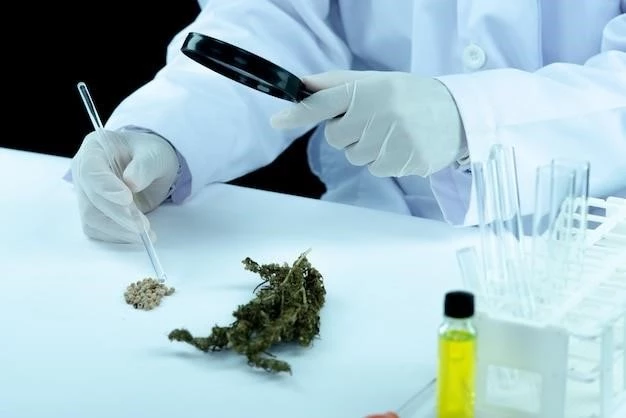Common Symptoms
Less Common Symptoms
Common Symptoms
Common symptoms of cannabis withdrawal include irritability, insomnia, anxiety, and decreased appetite. These symptoms can vary in intensity and duration depending on individual factors.
Less Common Symptoms
Less common symptoms of cannabis withdrawal may include vivid dreams, headaches, sweating, or nausea. While not experienced by everyone, these symptoms can also contribute to the overall discomfort during the withdrawal process.
Healthy Coping Mechanisms
Healthy coping mechanisms for cannabis withdrawal include exercise, mindfulness practices, engaging in hobbies, seeking support from loved ones, and maintaining a balanced routine. These strategies can help mitigate withdrawal symptoms and promote overall well-being.
Avoidance Strategies
Avoidance strategies for coping with cannabis withdrawal may include staying away from triggers, distracting oneself with healthy activities, setting clear boundaries, and practicing self-care to prevent relapse. It’s important to create a supportive environment during this challenging period.
Short-Term Withdrawal
The short-term withdrawal period from cannabis typically lasts 1-2 weeks and may involve symptoms like irritability, sleep disturbances, and cravings. It’s crucial to utilize coping strategies during this time to manage the discomfort.
Long-Term Effects
In some cases, long-term effects of cannabis withdrawal may include mood disturbances, difficulty concentrating, and lingering sleep issues. These effects can impact daily functioning and may require additional support or interventions.
Impact on Mental Health
Cannabis withdrawal can impact mental health by causing symptoms such as anxiety, depression, irritability, and cognitive difficulties. It is essential to address these effects and seek appropriate support during the withdrawal process.
Potential Risks
Some potential risks associated with cannabis withdrawal include increased anxiety, depression, insomnia, and the risk of relapse. Understanding these risks and having a support system in place can be crucial for navigating this challenging period.
Physical Symptoms
Physical symptoms of cannabis withdrawal may include headaches, sweating, nausea, digestive issues, and tremors. These symptoms can vary in intensity and duration, impacting the individual’s well-being during the withdrawal process.
Long-Term Physical Effects
Long-term physical effects of cannabis withdrawal may include changes in appetite, weight fluctuations, sleep disturbances, and persistent fatigue. These effects can impact the individual’s overall health and well-being beyond the initial withdrawal period.
Online Support Communities
Online support communities for cannabis withdrawal offer a platform for individuals to connect, share experiences, and receive advice from others going through similar challenges. These communities provide a sense of belonging and understanding during the recovery journey.
In-Person Support Groups
In-person support groups for cannabis withdrawal provide a safe environment for individuals to share their struggles, receive encouragement, and learn coping strategies from peers and professionals. The real-time interaction fosters a sense of community and accountability in the recovery process.
Professional Help
Seeking professional help for cannabis withdrawal can involve therapy, counseling, medication, or detox programs tailored to individual needs. A healthcare provider can offer guidance and support throughout the recovery process, ensuring a comprehensive approach to managing withdrawal symptoms.
Self-Help Strategies
Self-help strategies for cannabis withdrawal may include mindfulness techniques, relaxation exercises, journaling, healthy lifestyle changes, and setting achievable goals. Engaging in self-care practices can empower individuals to navigate the challenges of withdrawal and promote overall well-being.
Unique Characteristics of Cannabis Withdrawal
Cannabis withdrawal is characterized by symptoms like insomnia, irritability, vivid dreams, and decreased appetite. These unique effects distinguish cannabis withdrawal from other substance withdrawals and may require tailored approaches for management.

Comparison with Other Substance Withdrawal
Unlike some other substance withdrawals that may involve severe physical symptoms, cannabis withdrawal is typically characterized by milder physical effects and more prominent psychological symptoms. Understanding these differences can help tailor treatment plans accordingly.
